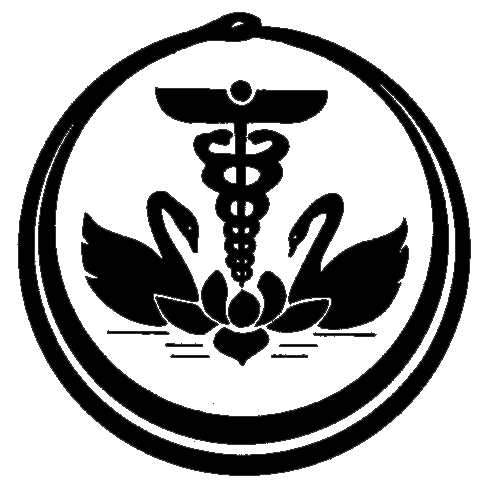Ayurveda is probably the first to recognise the interrelationship between the mind and body. Both of them complement each other in health and disease.
In Ayurveda the mind is considered a sixth sense organ. It is both sensory and motor. Ayurveda emphasises the fact that the body and the mind are interconnected. Whatever effects the mind will manifest in the body in some way and vice versa. Ayurveda states that the mind has its root in the heart and not in the brain. It is from the heart that it travels all over the body in channels called as manovaha strotas. These manovaha strotas reach every single part of the body. Due to this there is a strong link between the mind and body and what affects the mind affects the body and vice versa. The openings of these manovaha strotas are the five sense organs. Hence improper or overuse of these sense organs, which is called as pragna aparadha, affects the tranquillity of the mind.
Swami Rama has said: “One’s best friend, one’s greatest physician is the cheerfulness that dwells inside us.” A loving and inspiring mind can be influenced by loving and inspiring relationships. If a person lives in a household which is full of tension the mind is not at rest and all the tension remains in the body and manifests as some disease one day. Hence mixing with people who have qualities like empathy, cheerfulness and compassion is very strongly advised. Even when having a meal if there is anger and tension at the table then the food that is ingested becomes a poison. It is because of this that before we begin a meal a little prayer of thankfulness is observed. This helps us to be peaceful and the food that is eaten is conducive to the body.
In the Rig Veda mind is the primary factor in disease. It is considered the substratum of disease. To maintain a healthy body a harmonious and pleasant state of mind is absolutely essential. Doctors should keep this in mind when treating patients. They should look at the mental state of the patient while looking at his symptoms.
Adi Shankaracharya kept this in mind when he taught his disciples that a right mental imagery would calm the person and thereby create a good mental condition to play a role in recovery.
It is of no use to be able to administer clean and hygienic medicines unless it is accompanied by methods to calm the mind and bring about tranquillity.
Ayurveda states that just as the body has three doshas namely vata, pitta and kapha, the mind has three gunas namely sattwa, tamas and rajas. These gunas are found in our food, our experiences and in our personalities. Sattwa guna promotes equilibrium, compassion, wisdom and intelligence. Rajas is associated with movement, passion and the ability to perform actions. Tamas is associated with inertia, darkness, slowness and sleep.
All the three gunas play a role in maintaining a stable mind when they are in equilibrium. Tamas is responsible for a good night’s sleep. Rajas is responsible for performing our daily activities and sattwa promotes clarity of mind. However, if any of these gunas is not in equilibrium then the mind and later on the body will get affected.
to be continued next issue
Mrs. Mira Swami, Department of Ayurveda
